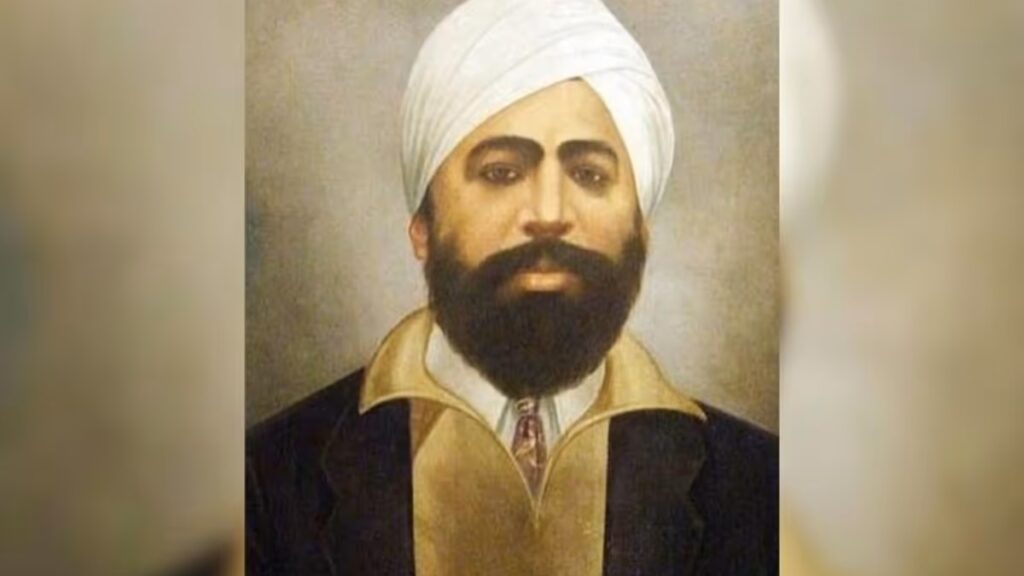Udham Singh
On 31 July 1940, India’s brave freedom fighter Udham Singh was hanged by the British government. The story of his life is such that even today, the youth of the country start feeling the spark of patriotism on hearing it. He took such revenge from the then British government for the infamous Jallianwala Bagh massacre that even today the British generations would not like to remember it.
Jallianwala Bagh massacre had an impact on Udham Singh
Udham Singh was born on 26 December 1899 in Hisar district of Punjab. His father’s name was Tehal Singh and mother’s name was Narayan Kaur alias Naren Kaur. After the death of his parents and brother Mukta Singh, he spent his childhood in an orphanage and completed his matriculation from there. Udham Singh showed patriotic qualities since childhood. This was the reason that in those days he was influenced by the revolutionary activities of Bhagat Singh and joined him. The much talked about Jallianwala Bagh massacre of 13 April 1919 had a great impact on Udham Singh.
Actually, on the day of Baisakhi, a meeting was being held against the Rowlatt Act. At that time, General Dyer arrives with his army and orders to fire on hundreds of unarmed Indian people gathered there. Hundreds of people die in this. After this incident, the wave against the British rule in India intensified. A censure motion was brought against General Dyer in the House of Common, while a letter of praise was issued in the House of Lords, which was condemned a lot at that time. After the censure motion was passed, General Dyer, who gave the order to fire, had to resign from his post.
General Dyer was assassinated in London
The incident of Jallianwala Bagh massacre shook Udham Singh from within. About 20 years after the incident, Udham Singh went to London and shot General Dyer dead in Caxton Hall. After this, instead of running away, he surrendered himself. Udham Singh was tried by the British government and sentenced to death on 4 June 1940. On 31 July 1940, he was hanged for the country. (With IANS inputs)
Latest India News
